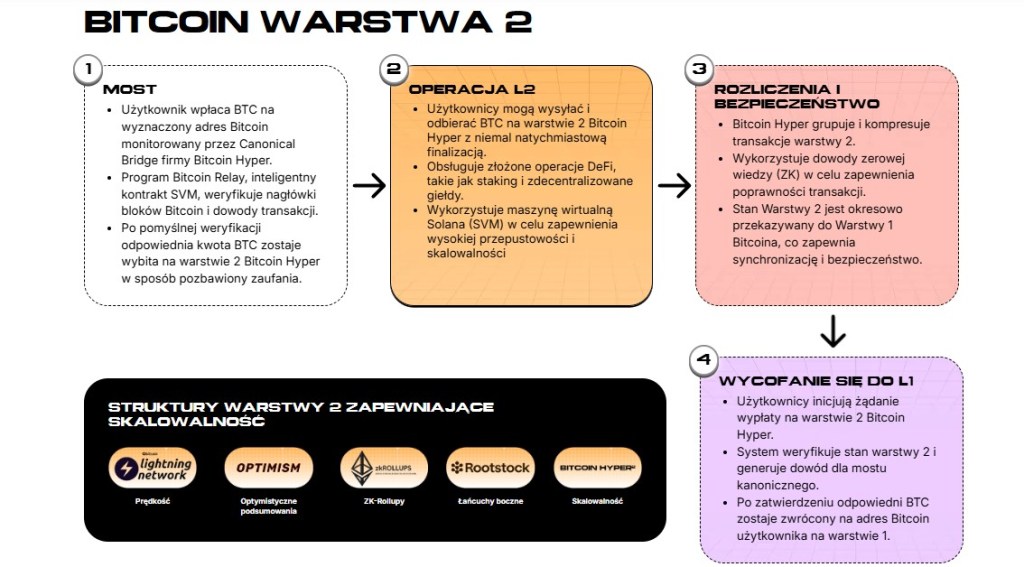
The United Kingdom is embarking on a significant journey to redefine banking and digital payments. UK Finance, in collaboration with the nation's largest banks, has officially launched a two-year pilot program focusing on the innovative realm of digital currencies. This initiative sees UK Finance, an organization representing over 300 financial institutions, leading the charge toward a more digitized financial ecosystem.
The primary objective of this ambitious project is to rigorously test tokenized sterling deposits. Six of the UK's most prominent banks are actively participating: Barclays, HSBC, Lloyds Banking Group, NatWest, Nationwide, and Santander. This collective effort underscores a serious commitment from the financial sector to explore the potential of blockchain technology in mainstream banking operations.
Scheduled to run until mid-2026, this pilot represents one of Europe's most forward-thinking steps toward the digitalization of money. Its outcomes are anticipated to provide crucial insights into the feasibility and benefits of integrating digital currencies into existing financial infrastructures.
The Vision of Programmable Money
The technological backbone for this groundbreaking project is provided by Quant Network, a London-based company renowned for its expertise in blockchain interoperability. This collaboration between Quant and banking giants aims to establish an environment where money not only transacts with unprecedented speed but also becomes programmable. This innovative approach promises to revolutionize how value is exchanged online, from simple consumer purchases to the intricate settlement of complex financial instruments.
Gilbert Verdian, founder and CEO of Quant, emphasized the profound implications of this endeavor, stating, "This is a project about building the infrastructure that will power the economy of tomorrow." Such a perspective highlights the transformative potential of tokenized deposits to reshape the fundamental architecture of financial markets.
Key Use Cases for Tokenized Sterling
During the testing phase, the participating banks will concentrate on three critical areas to evaluate the practical applications and benefits of tokenized sterling deposits:
- Payments in Online Marketplaces: Tokenized deposits are expected to significantly reduce fraud in e-commerce, thereby fostering greater trust and security between buyers and sellers. This could streamline transactions and enhance the overall online shopping experience.
- Mortgage Processes: Digitizing settlements for mortgage loans promises to introduce greater transparency and expedite transaction finalization. This increased efficiency is also anticipated to mitigate the risks associated with fraudulent activities in property transactions.
- Bond Settlement: The integration of tokenized money with tokenized assets has the potential to simplify the clearing and settlement of bonds and other securities, making these processes more efficient and less prone to errors.
Building on Past Success: The Regulated Liability Network
The GBTD pilot is not UK Finance's first foray into digital financial solutions. In 2024, the organization conducted a significant experiment as part of the Regulated Liability Network (RLN), which focused on testing a shared settlement infrastructure. This earlier project involved major institutions such as Citi, Mastercard, Standard Chartered, and Visa, demonstrating broad industry interest in collaborative digital initiatives.
The findings from the RLN experiment were highly encouraging. A report from UK Finance indicated that applying blockchain technology to a system processing an estimated $14.5 trillion annually could substantially decrease the number of failed transactions, enhance transparency, and significantly reduce operational costs. This prior success provides a solid foundation and valuable lessons for the current tokenized sterling pilot.
Jana Mackintosh, Director of Payments at UK Finance, underscored the importance of industry-wide cooperation, noting, "The private sector wants to invest in the future of bank money, and partnering with regulators is the best way to do that effectively."
The Broader Tokenization Landscape in the UK
The United Kingdom is rapidly emerging as a crucial testing ground for tokenization. In March, the Treasury announced a pilot program for DIGIT digital gilts, which are intended to be issued and settled on a blockchain platform. Concurrently, the London Stock Exchange Group has launched its Digital Markets Infrastructure platform, specifically designed for the tokenization of private funds.
Global forecasts highlight the impending scale of this financial revolution. According to Standard Chartered, the market for tokenized assets could reach an astounding $30.1 trillion by 2034. This sector has already experienced robust growth, increasing by 80% over the last two years to hit a record $17.4 billion. As Erin Chen, President of Injective Labs, observed, "Real-world assets will have the greatest impact on traditional finance this year."
Bridging Traditional Finance with Crypto Innovation
The transformation occurring within the banking sector demonstrates that blockchain and tokenization are transcending the formerly niche world of cryptocurrencies, delivering tangible solutions for established financial institutions. Simultaneously, individual investors are actively seeking projects that effectively merge traditional currencies with the innovative functionalities found in Decentralized Finance (DeFi).
In the third quarter of 2025, a significant buzz surrounded Bitcoin Hyper. This emerging infrastructure project is developing an independent Layer-2 solution for Bitcoin, aiming to enhance its capabilities. At its core, Bitcoin Hyper leverages the Solana Virtual Machine environment, facilitating lightning-fast and cost-effective transactions, alongside providing access to smart contract-based financial applications.

Bitcoin Hyper acts as a crucial bridge between the robust Bitcoin network and modern DeFi tools. Through its tokenization mechanism, users can transfer their BTC to the Hyper layer, unlocking opportunities for staking, lending, and yield farming, thereby expanding the utility of their Bitcoin holdings.
Security, Transparency, and Accessibility
This project has garnered significant investor attention, successfully raising over $18 million in its presale phase. A comprehensive audit conducted by Coinsult confirmed no security vulnerabilities, and the developers have emphasized a transparent approach with no special allocations for insiders. This commitment to security and fairness builds considerable trust within the community, especially for investors exploring which altcoins to buy. Projects like Bitcoin Hyper offer compelling new opportunities in the evolving blockchain space.
Integration into the broader ecosystem is also a key feature. The $HYPER token is built on ERC-20 and BEP-20 standards, ensuring compatibility with popular wallets such as MetaMask. Furthermore, its integration with the Best Wallet application simplifies the purchase process and allows for immediate staking. The purchase process itself has been streamlined, enabling users to acquire tokens using ETH, USDT, USDC, BNB, or even a credit card, demonstrating how to buy cryptocurrencies without complex procedures.
Can Banks and Crypto Converge?
The pilot for the tokenized pound in the UK clearly illustrates that blockchain technology is no longer confined to the domain of startups but is actively being embraced by major financial institutions. Banks are keenly seeking methods to reduce operational costs, enhance security, and embrace the future of digital assets. Adapting to these new standards is also becoming an imperative in response to increasingly demanding customer expectations.
For individual investors, this evolving landscape presents new opportunities to acquire digital assets with substantial growth potential. The market for new cryptocurrencies is developing synergistically alongside institutional projects. It is clear that tokenization is no longer a distant vision but a rapidly accelerating process in which both banks and crypto projects have a defined and interconnected role.
